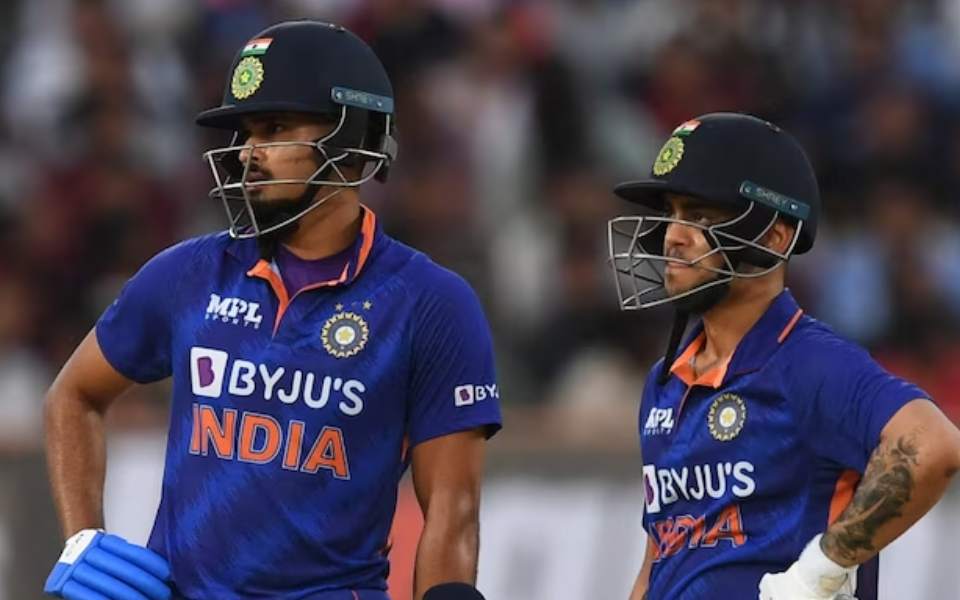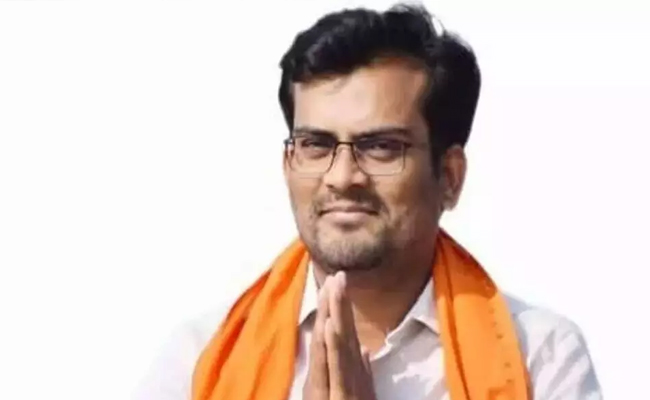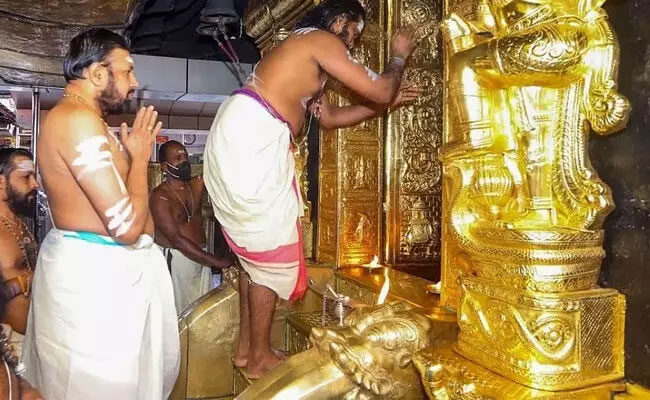New Delhi, Feb 28: Skipper Rohit Sharma and star batter Virat Kohli retained their place in the top bracket but the out-of-favour duo of Ishan Kishan and Shreyas Iyer were excluded after ignoring the directive to play Ranji Trophy as the BCCI unveiled its centrally-contracted players for this year on Wednesday.
Rohit, Kohli, Jasprit Bumrah and Ravindra Jadeja figured in the A plus category, the highest bracket of the BCCI's central contracts list.
"Please note that Shreyas Iyer and Ishan Kishan were not considered for the annual contracts in this round of recommendations," said the BCCI in a statement.
"The BCCI has recommended that all athletes give precedence to participating in domestic cricket during periods when they are not representing the national team," the statement added.
Six cricketers feature in the A category, including R Ashwin, Mohammed Shami, Mohammed Siraj, KL Rahul, Shubman Gill and Hardik Pandya.
Suryakumar Yadav, Rishabh Pant, Kuldeep Yadav, Axar Patel and Yashasvi Jaiswal have got B category contracts.
As many as 15 have been handed C category contracts including Rinku Singh, Tilak Verma, Ruturaj Gaekwad, Shardul Thakur, Shivam Dube, Ravi Bishnoi, Jitesh Sharma, Washington Sundar, Mukesh Kumar, Sanju Samson, Arshdeep Singh, KS Bharat, Prasidh Krishna, Avesh Khan and Rajat Patidar.
The selection committee has also recommended fast bowling contracts for Akash Deep, Vijaykumar Vyshak, Umran Malik, Yash Dayal and Vidwath Kaverappa.
Akash Deep had impressed on debut in the recent fourth Test against England, which India won to seal the series.
In a departure from the norm, the BCCI this time has not mentioned the remuneration of the players across the four categories.
Cricketers are normally paid Rs 7 crore per annum in A plus bracket, Rs 5 crore in A, Rs 3 crore in B and Rs one crore in C category, over and above their match fees.
Let the Truth be known. If you read VB and like VB, please be a VB Supporter and Help us deliver the Truth to one and all.
Bengaluru (PTI): BJP MLA Dr Chandru Lamani, caught allegedly accepting a Rs 5 lakh bribe from a contractor, has been remanded to judicial custody until March 3.
The Shirahatti MLA, a doctor, was brought from Gadag to Bengaluru on Saturday night and produced before a Special Court for Public Representatives, sources said.
The court remanded him to custody until March 3.
The MLA was caught in a Lokayukta trap following a complaint by Vijay Pujar, a Class-1 contractor from Chinchali in Gadag district.
Lokayukta officials said the alleged bribe was linked to Minor Irrigation Department works, including the construction of retaining walls along a road. The accused had demanded Rs 11 lakh from the complainant to execute the project, and Rs 5 lakh was accepted during the trap.
Along with Lamani, his personal assistants, Manjunath Valmiki and Guru Naik, were also arrested in connection with the case.





